Rottweilers are regarded for their strength, loyalty, and shielding nature, making them great family companions.
However, like any dog breed, they can display undesirable behaviors, such as biting, when not properly trained and socialized.
This article will explore essential tips to prevent Rottweiler biting behavior, ensuring a harmonious relationship with your beloved canine companion.
Understanding Rottweiler Biting Behavior:
Why Do Rottweilers Bite?
Biting is a natural behavior for dogs, and Rottweilers are no exception. Dogs may bite due to fear, stress, pain, territorial instincts, or feeling threatened.
Understanding the reasons behind your Rottweiler biting tendencies is crucial in effectively addressing and curbing this behavior.
Early Socialization and Training:
Importance of Socializing Rottweilers:
Early socialization is key to raising a well-adjusted and non-aggressive Rottweiler.
Exposing your puppy to different people, environments, and experiences during the critical socialization period helps them become more confident and less prone to aggressive behaviors later in life.
Positive Reinforcement Training Methods:
Positive reinforcement is one of the most effective training approaches for Rottweilers.
Utilizing treats, praise, and rewards to encourage desired behaviors reinforces positive associations and strengthens your bond with your furry friend.
Identifying Triggers and Warning Signs:
Common Triggers for Aggression:
Rottweilers may display aggressive behavior when faced with certain triggers.
Common triggers include feeling threatened, protecting their territory or loved ones, or encountering unfamiliar situations.
Knowing these triggers can help you manage and avoid potentially aggressive situations.
Recognizing Early Warning Signs:
Understanding your Rottweiler’s body language is essential in preventing aggressive behavior.
Growling, stiff body posture, raised hackles, and showing teeth are warning signs that your dog may become aggressive.
Recognizing these cues allows you to intervene early and redirect their behaviour positively.
Proper Exercise and Mental Stimulation:
The Role of Exercise in Behavior Management:
A tired dog is a happy dog. Regular exercise helps channel your Rottweiler’s energy productively and decreases the chance of developing behavioral problems, including aggression.
Aim for daily walks and playtime to physically and mentally engage your canine companion.
Engaging Your Rottweiler’s Mind:
Mental stimulation is equally vital for preventing biting behavior. Engage your Rottweiler’s mind with interactive toys, puzzles, and training sessions.
A mentally stimulated dog is less likely to engage in destructive or aggressive behaviors out of boredom.
Consistency and Routine:
Creating a Structured Environment:
Rottweilers thrive in a structured environment with consistent routines. Establish a daily schedule for feeding, training, play, and rest, as it helps your dog feel secure and reduces anxiety, which can contribute to biting behavior.
Establishing Clear Rules and Boundaries:
Set clear rules and boundaries for your Rottweiler to follow. Be consistent in enforcing these rules and avoid mixed signals.
Dogs understand and respond well to consistent guidance, which helps prevent confusion and frustration that may lead to aggression.
Seeking Professional Help:
When to Consult a Professional Trainer or Behaviorist:
If your Rottweiler’s biting behavior persists or worsens despite your efforts, seeking professional help is advisable.
A certified dog trainer or behaviorist can objectively assess the situation and provide specialized guidance tailored to your dog’s needs.
Understanding the Benefits of Professional Guidance:
Professional trainers and behaviorists possess the expertise to address complex behavioral issues.
They can devise a personalized training plan, offer valuable insights, and teach you effective techniques to manage your Rottweiler biting behavior successfully.
Handling Aggressive Situations:
What to Do When Your Rottweiler Displays Aggression:
If your Rottweiler exhibits aggression, remaining calm and avoiding responding with aggression or fear is essential. Instead, redirect their focus to positive behavior or use distraction techniques to defuse the situation.
De-escalation Techniques:
Learning de-escalation techniques can be invaluable in managing aggressive situations.
These may include walking away, giving your dog space, or engaging them in a relaxing activity to help them calm down.
Avoiding Punishment-Based Methods:
The Pitfalls of Punishment:
Punishment-based methods to correct biting behavior can be counterproductive and may worsen the problem.
Physical punishments or scolding can lead to fear and mistrust, causing more aggression in the long run.
Positive Alternatives for Correcting Behavior:
Instead of punishment, focus on reinforcing positive behaviors. Reward good behavior and redirect negative behavior towards more appropriate activities.
Positive reinforcement builds a trusting relationship between you and your Rottweiler.
The Role of Diet and Health:
Proper Nutrition for Behavior Support:
A properly-balanced diet performs a vital role in your Rottweiler’s overall well-being, including its behavior.
Ensure your dog’s diet provides all the necessary nutrients to support a healthy and stable temperament.
Health Issues that may Affect Behavior:
Sometimes, underlying health issues can contribute to behavioral problems.
Regular veterinary check-ups are essential to rule out any medical conditions that may influence your Rottweiler’s behavior.
Creating a Safe Environment:
Secure Enclosures and Safety Measures:
If your Rottweiler displays aggressive tendencies towards strangers or other animals, create a secure enclosure to avoid potential incidents.
Additionally, ensure your property has proper fencing to prevent unauthorized access.
Managing Interactions with Strangers and Children:
Rottweiler and unfamiliar people, especially children. Educate visitors on approaching and interacting with your dog safely, ensuring that everyone feels comfortable and secure.
Patience and Understanding:
Time and Dedication to Behavior Improvement:
Addressing Rottweiler’s biting behavior requires patience and consistency. Behavioral changes take time, and progress may be gradual.
Be prepared to invest time and effort in training and providing a supportive environment for your dog.
Showing Empathy towards Your Rottweiler:
Understanding that biting behavior often responds to stress or discomfort allows you to empathize with your Rottweiler.
Avoid reacting with frustration or anger and approach the situation with understanding and a willingness to work together.
Recognizing Progress and Success:
Celebrating Small Wins:
As you work on improving your Rottweiler’s behavior, celebrate each milestone.
Recognize and reward positive changes, no matter how small, as they reinforce the desired behavior and motivate your dog to continue improving.
Acknowledging Improvements in Behavior:
Keep track of your Rottweiler’s progress and acknowledge the positive changes you observe.
Whether it’s a reduction in aggressive incidents or improved responses to training, acknowledging these improvements boosts your confidence as a dog owner and encourages further positive behavior.
Conclusion:
Preventing Rottweiler biting behavior is a process that requires dedication, understanding, and consistent training.
You can foster a well-behaved and non-aggressive Rottweiler through early socialization, positive reinforcement, recognizing triggers, and creating a structured environment.
Remember to seek professional help and prioritize positive reinforcement over punishment-based methods.
Taking care of your Rottweiler’s physical and mental well-being and providing a safe environment will contribute to a harmonious relationship between you and your beloved furry companion.
Be patient, understanding, and committed, and you’ll find that your Rottweiler’s biting behavior can be effectively managed with time and effort.
FAQs:
Q: Can Rottweilers be aggressive towards other dogs?
A: Some Rottweilers may display aggression towards other dogs, especially if they feel threatened or perceive a challenge to their territory. Early socialization and proper training can help minimize such behaviors.
Q: Are Rottweilers good with children?
A: Rottweilers can be great with children if properly socialized and trained. However, close supervision is crucial during interactions between Rottweilers and children to prevent accidents or misunderstandings.
Q: How do I socialize my Rottweiler effectively?
A: Introduce your Rottweiler to different people, places, and experiences early on. Gradually expose them to various environments and ensure each encounter is positive and rewarding.
Q: Should I use a muzzle for my Rottweiler to prevent biting?
A: Muzzles can be useful in certain situations, such as during visits to the veterinarian or when encountering unfamiliar environments. However, they should not be a substitute for proper training and behavior management.
Q: Can neutering or spaying help reduce aggressive behavior in Rottweilers?
A: Neutering or spaying may impact aggression, but it is not a guaranteed solution. Behavior issues are often multifaceted, and addressing them requires a comprehensive approach, including training and environmental management.


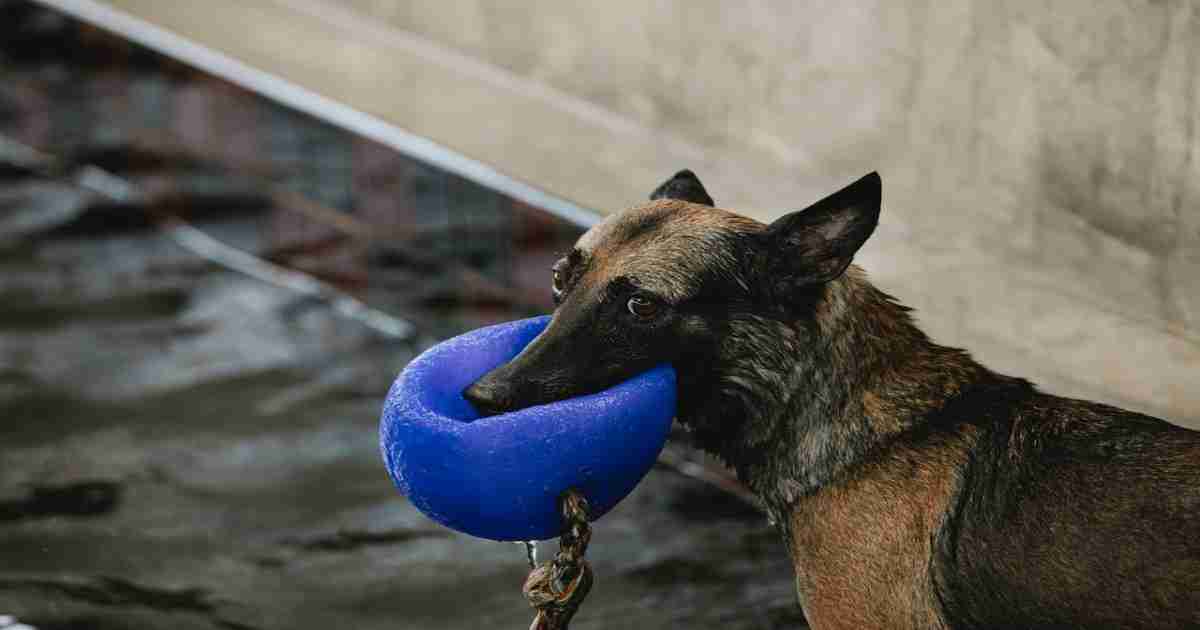
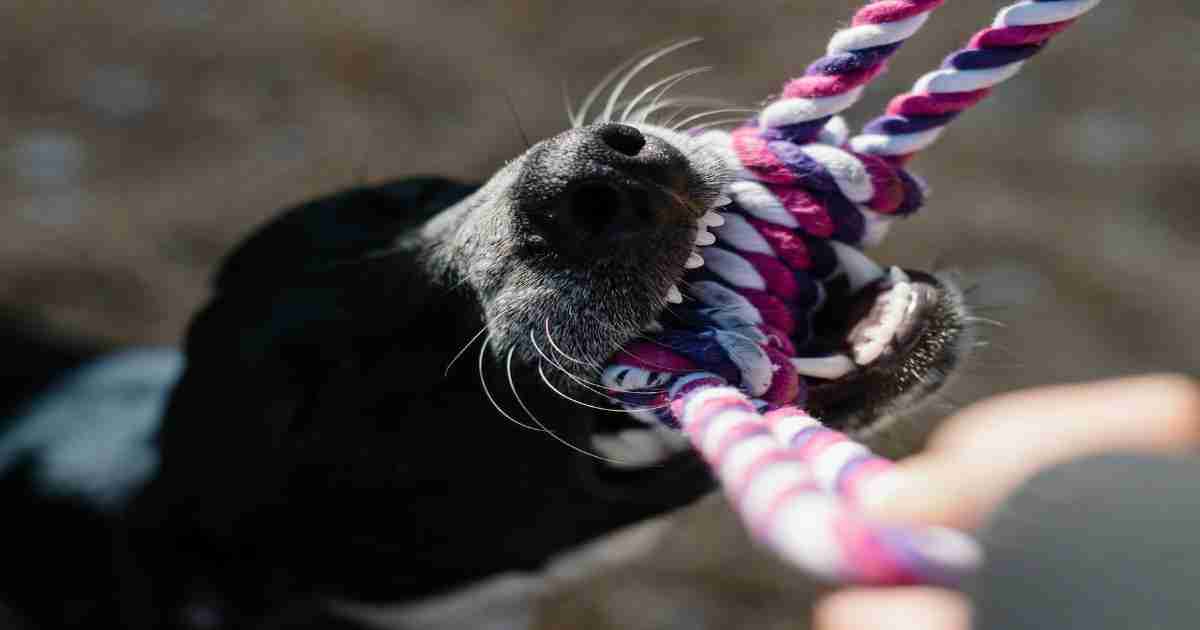
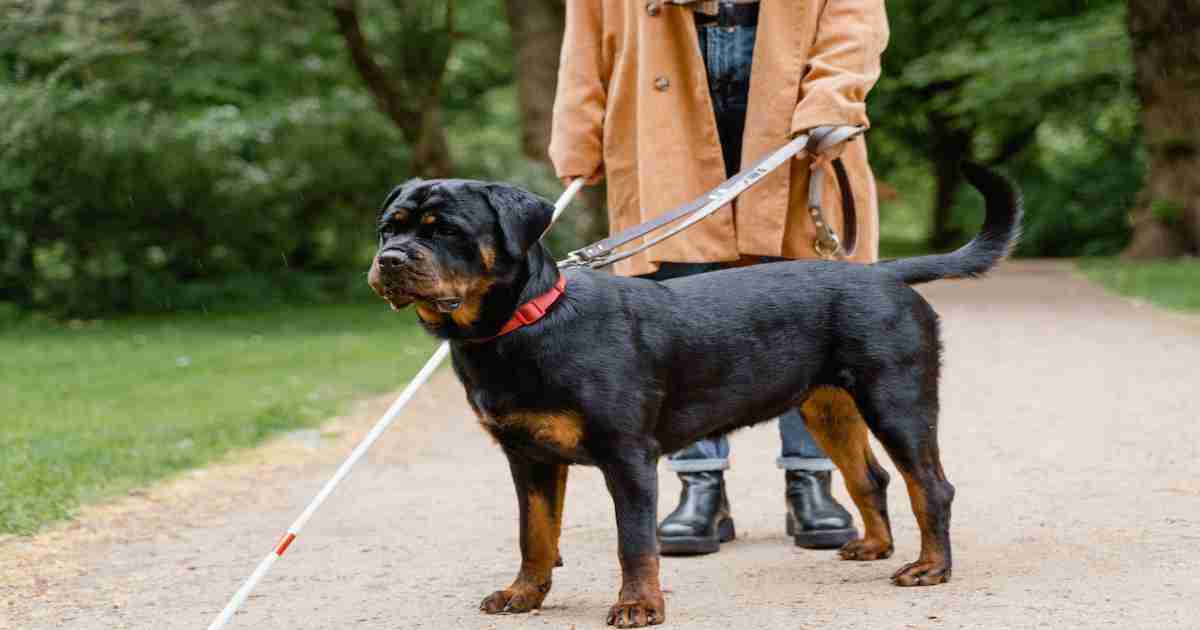
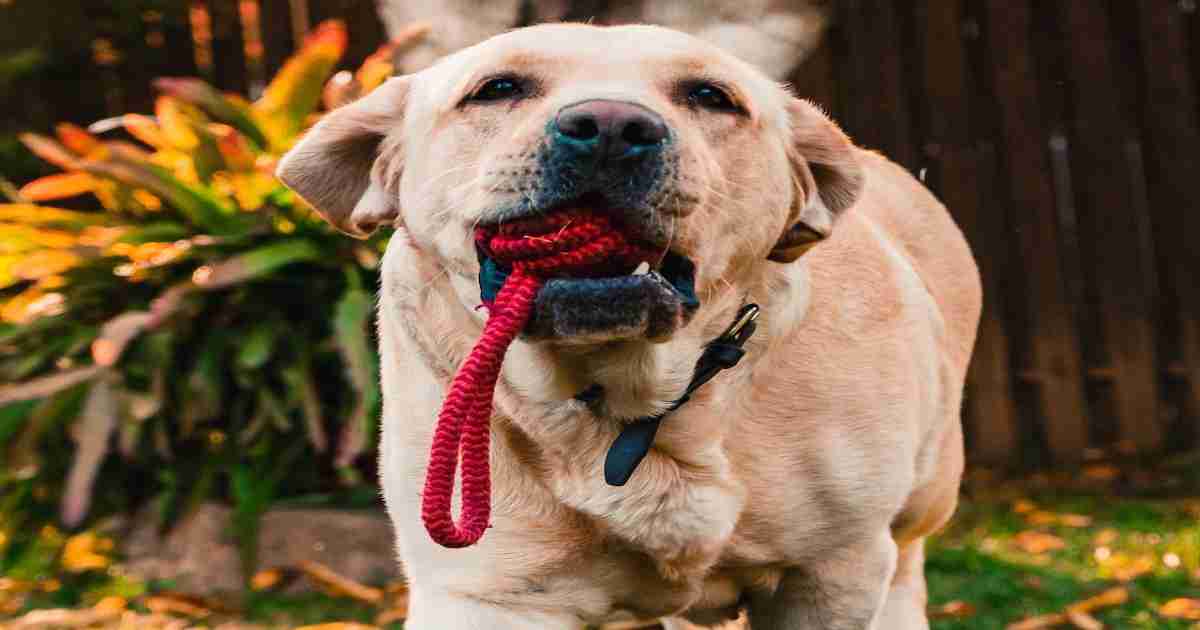
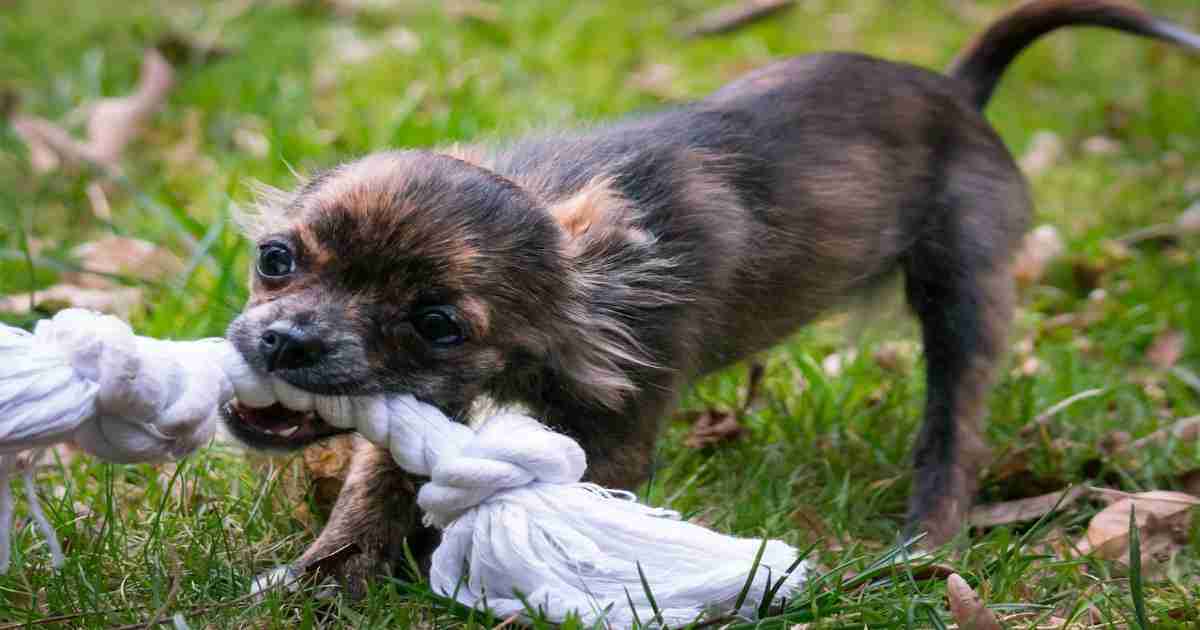
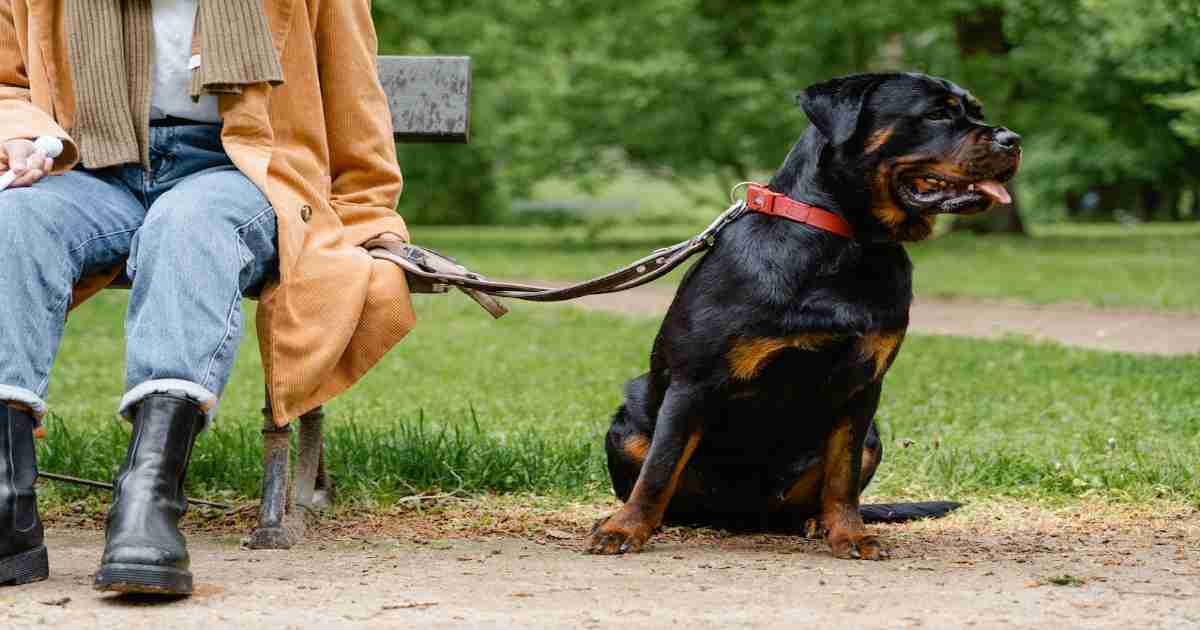


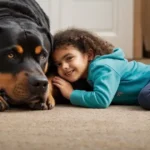
5 thoughts on “Essential Tips for Preventing Rottweiler Biting Behavior”